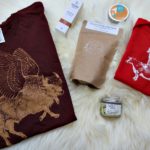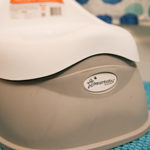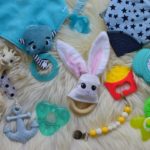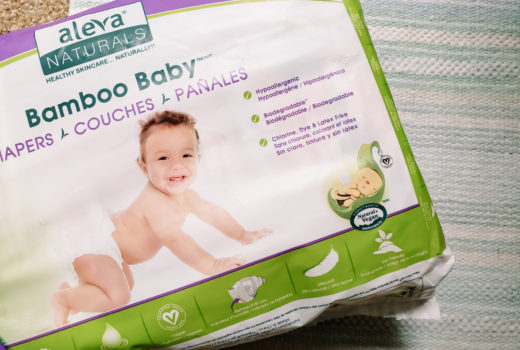This is a compensated collaboration with Johnson’s® and Latina Bloggers Connect. However, all opinions expressed are my own.
Bath time in our house has always been a ritual that we look forward to, especially since our little moon has joined us. Before Lunita was here, we would have candle lit baths to relax, now we find ourselves splashing, singing and playing with her collection of ducks. Bath time is definitely a lot more fun! Bath time is a great way to bond with baby. Did you know that, two in three parents in the US say they hate missing bath time (66%), especially Hispanic parents (79% vs. 63% non-Hispanic parents)?
As Lunita has grown, we’ve realized just how important rituals are, including bath time, to stimulate baby’s senses and provide an opportunity for us as parents to nurture baby’s ability to learn, think, love and grow. Which is exactly what the JOHNSON’S® SoMuchMore campaign is all about.
The simple act of bathing is a big sensory experience for baby. There is so much to see, touch, smell, and more during bath time. We start our bath time ritual by singing “Do you know what time it is?BATH TIME!” and make funny faces while we remove clothes and wait for bath tub to fill up. Bath time is a good opportunity to stimulate my child’s senses (touching, smelling, seeing, hearing)- Hispanic 53% strongly agree- to 35% non-Hispanic.
Once she is in the tub, we let her explore and play for about 15 minutes. Using different toys during bath time allows your baby to develop certain skills. Our little moon loves to play with her growing collection of rubber duckies, that are great for imagination. She has a couple bath toys that we use to show her about filling, pouring and stacking. We also like to use play-by-play commentary, to show/explain what a toy may be doing. For example, “This little fish is going to the bottom of the tub to find his friend.”
We also give her things that have different textures so she can feel how each is different. For example, sometimes she will have a couple ducks, a bath sponge, a loufa, and wash cloth to name a few. Oh, and I almost forgot about BUBBLES! She loves touching bubbles and blowing the foam off of her hands. When either one of us are in the tub with her and we have the bubbles, we cover our faces/hair with bubbles and it cracks her up. Then we do it to her! Playing with bubbles helps babies develop hand-eye coordination and discover objects exist even when they can’t be seen.
We also like to sing “Rubber Ducky” during bath time. She loves it when we sing to her. Did you know that singing can help expand her music and language skills? While we are washing her, we like to sing what part we are washing to the tune of “La Bamba” hahaha. It goes a little like “Hoy me lavo las manos, hoy me lavo las manos con jabon y un poquito de agua,” and then brazos, pelo and so on. Did you know that Listening to bath time music or talking back and forth with baby can stimulate parts of the brain responsible for memory and language development. Studies show infants who are spoken with more have larger vocabularies by 24 months of age.
Smell in general can evoke powerful emotions, and a clean, fresh, after-bath smell appears to be no exception for parents in the US, especially Hispanic parents. We like to use lavender for our night time baths, as it is a scent that is soothing, yet refreshing.
When we are all done bath time, we dry her off and give her a relaxing lavender oil body massage. Research shows that infants who experienced routine touch and massage (a big part of the after-bath routine) were 50% more likely to make eye contact and 3X more likely to have an overall positive expression.
After her massage, she is ready for story time and some ZZZz’s. The sensory effects of bath time stay with them long after bath time is over (77%), especially for Hispanic parents (88% vs. 74% non-Hispanic parents). Bath time is the perfect opportunity to bond with your little one and enrich their senses. Although only 45% of parents say bath time is extremely important to their child’s brain development, though Hispanic parents are a bit more in the know (57% say it is extremely important vs. 41% non-Hispanic parents), these everyday interactions are the perfect opportunity to stimulate baby’s senses and lead to happy, healthy development.








![Green Beaver Junior Beaver [Bubble Bath] and [Gentle Shampoo]](/wp-content/uploads/2015/06/GreenBeaver-JuniorBeaver-BubbleBathandGEntleShampooREview-520x350.jpg)
